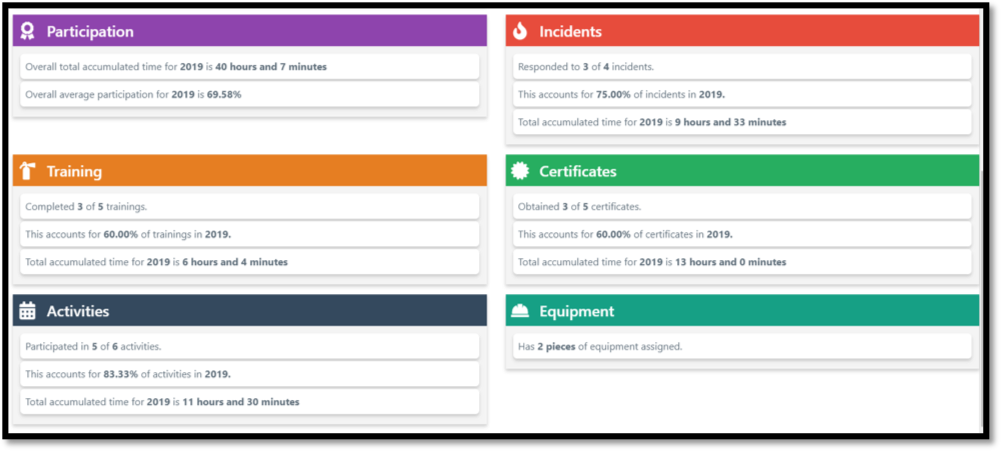The life of a Fire Chief is no small or easy thing. The very nature of the job they do is defined by things that, at a glance, seem incompatible. They have to be stern and approachable; they have to be consistent and flexible; and, they have to be strong and gentle. They must be willing and able to stand next to the firefighters they lead while they enter a burning building; and, they have to show the same level of comfort and ability in dealing with politicians and other stakeholders. They are teachers, trainers, counselors, mediators, comforters, advocates and administrators, while still doing the dangerous job of a firefighter.

If you ask a Fire Chief, which job (of all the jobs they do) is the most important, most will tell you ensuring they safety of the people they lead. Fire Chiefs train, mentor and guide their firefighters in all things related to the fire department which is why the new FireQ feature that tracks firefighter performance and statistics is rapidly becoming a favourite among Fire Chiefs. The fire department records management feature in FireQ tracks hours and participation and provides the information in hours, as well as a percentage of total participation.
At a glance, Fire Chiefs can see how often a firefighter is training, responding to incidents, participating in other activities, as well as how many hours are dedicated to each. They are using the firefighter statistic feature of FIREQ to provide members of their department with quarterly updates on their performance; they are using it to watch for deficiencies that could endanger the firefighter; they are using it to simplify their reporting responsibilities; and, they are using it to reward firefighters who are giving it all.

The FireQ Member Overview feature is a powerful tool in the hands of a Fire Chief whose most important job is to make sure that all his/her firefighters come home safely. And, as one of my favourite Fire Chiefs put it, “It gives me the information I need to make sure that they train they way they need to train, participate whenever they can and get home, a little more often, in time for supper.”



